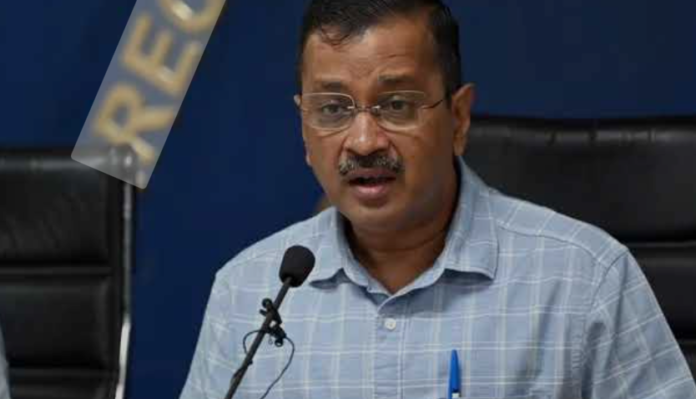In a democratic polity, the rule of law is the bedrock upon which the legitimacy of governance rests. The recent developments involving Arvind Kejriwal, the Chief Minister of Delhi, and his response to the Enforcement Directorate (ED) summons have sparked a nationwide debate on the intersection of legal procedures and the quest for transparency.
Kejriwal’s move to set conditions for his appearance before the ED, after skipping eight summons, is unprecedented. His demands, which include a date after March 12 and the option to answer questions via video conferencing, challenge the conventional protocols adhered to by the agency. The ED, established under the constitutional framework, operates within the ambit of certain articles that do not traditionally accommodate an individual’s convenience or preconditions.
The crux of the argument lies in Kejriwal’s conditions. By requesting his questioning to be before cameras with a live telecast, he has stirred a constitutional debate. Such a demand, while seemingly in pursuit of transparency, raises questions about its feasibility and alignment with existing legal provisions. The Constitution does not currently sanction such a mode of interrogation for the ED’s proceedings, and for such a practice to be adopted, it would require legislative intervention at the parliamentary level.
Kejriwal’s stance has been labelled as a mockery of the agency’s time and efforts. The ED’s mandate is to ensure compliance with economic laws and to combat financial crimes. Its processes are designed to uphold confidentiality and integrity, which could be compromised by the live telecast of its proceedings. This raises concerns about the potential impact on the rights of the accused, the witnesses, and the overall investigation process.
The argument against Kejriwal’s demands is not merely about the legality but also the practicality of such conditions. The logistics of live telecasting an interrogation pose significant challenges, including security risks and the possibility of influencing public opinion and the testimony of other witnesses. Moreover, the sanctity of the investigation could be jeopardized, as it may turn into a public spectacle rather than a solemn quest for truth.
On the other hand, Kejriwal’s request for transparency resonates with a public that increasingly demands accountability from its leaders and institutions. The desire for an open government is a legitimate aspiration in a democracy. However, the means to achieve such transparency must be balanced against the need to preserve the integrity of judicial and quasi-judicial processes.
In conclusion, while Kejriwal’s demands for transparency are in line with democratic principles, they must be weighed against the constitutional and practical realities of law enforcement procedures. The path to transparency must be navigated with caution, ensuring that it does not undermine the very legal frameworks designed to maintain order and justice. As the nation watches this unfolding drama, it serves as a reminder that the pursuit of transparency must not come at the cost of compromising the rule of law.


